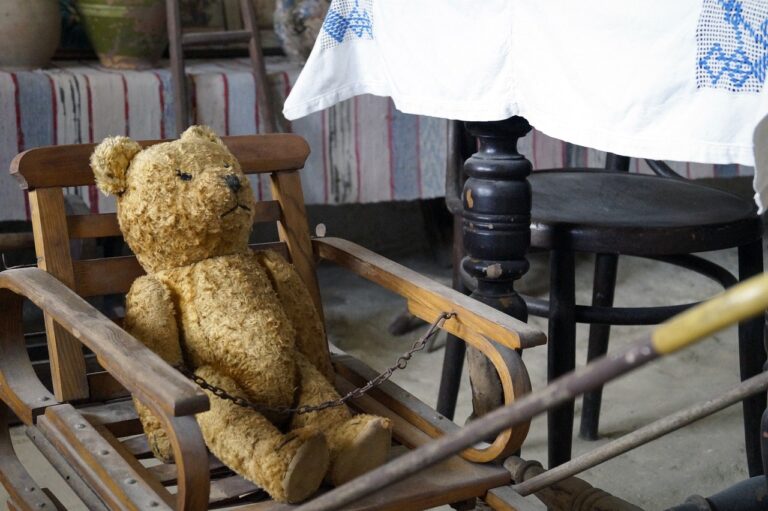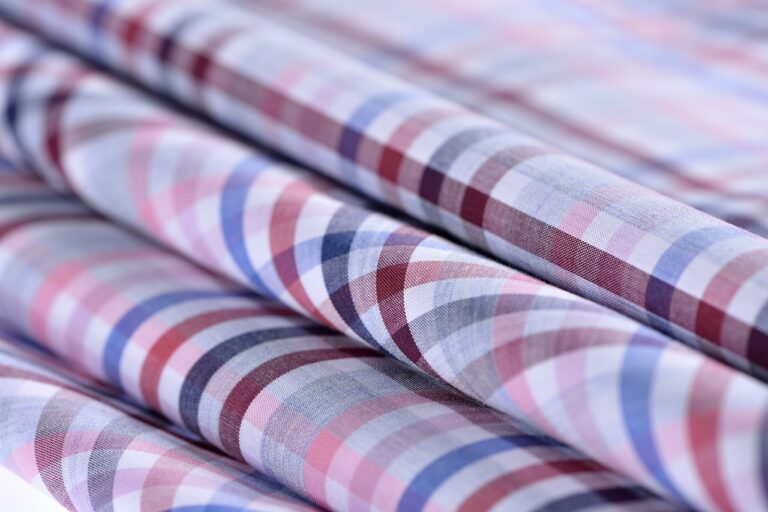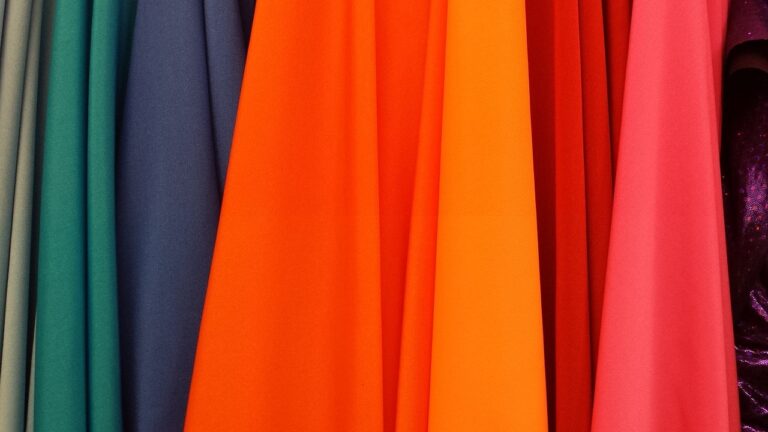Fashion Vlogging and Fashion Law: Intellectual Property Rights: Play exchange 99, Lotus365 login, Playxchange
play exchange 99, lotus365 login, playxchange: Fashion vlogging has become increasingly popular in recent years as more and more people turn to YouTube and other platforms to share their love for all things fashion. From haul videos to lookbooks, fashion vloggers showcase the latest trends, share styling tips, and provide valuable insights into the world of fashion.
However, as fashion vloggers gain popularity and influence, they must also navigate the complex world of fashion law, particularly when it comes to intellectual property rights. In this article, we will explore the intersection of fashion vlogging and fashion law, focusing on how vloggers can protect their content and avoid legal pitfalls.
Creating Original Content
One of the key aspects of fashion vlogging is creating original content that reflects your unique style and perspective. This includes everything from styling outfits to shooting and editing videos. As a fashion vlogger, it’s important to understand that intellectual property rights protect original works of authorship, including videos, images, and written content.
Copyright Protection
Copyright is a form of intellectual property protection that gives the creator of an original work exclusive rights to its use and distribution. As a fashion vlogger, you automatically hold the copyright to your videos and other content the moment you create them. This means that others cannot use your content without your permission.
Trademark Protection
Trademarks are another important aspect of fashion law, particularly for fashion vloggers who may use brand names and logos in their videos. Trademarks protect brand names, logos, and other identifiers that distinguish one product or service from another. When incorporating branded products in your videos, it’s crucial to obtain permission from the brand owner or ensure that your use falls under fair use.
Licensing and Permissions
If you want to use copyrighted material in your videos, such as music or images, you will need to obtain the necessary licenses or permissions. Many artists and creators offer licenses for their work through platforms like Creative Commons, which allows others to use their content under certain conditions. It’s essential to read and understand the terms of these licenses to ensure compliance with copyright law.
Fair Use
Fair use is a legal doctrine that allows for the limited use of copyrighted material without permission for purposes such as criticism, commentary, or education. Fashion vloggers can rely on fair use when incorporating copyrighted material in their videos, but it’s essential to understand the limitations of this doctrine to avoid copyright infringement.
Enforcing Your Rights
If you believe that your intellectual property rights have been infringed, you have legal remedies available to protect your content. This may include sending a cease-and-desist letter to the infringing party, filing a takedown notice with the platform hosting the infringing content, or pursuing legal action through the court system.
FAQs
1. Can I use copyrighted music in my fashion vlogs?
While it’s possible to use copyrighted music in your videos under fair use or with the appropriate licenses, it’s essential to tread carefully to avoid copyright infringement.
2. How can I protect my fashion vlogs from infringement?
To protect your content from infringement, consider registering your copyrights, obtaining licenses for third-party content, and monitoring your videos for unauthorized use.
3. Can I use brand logos in my fashion vlogs?
Using brand logos in your videos may be permissible under fair use or if you have obtained permission from the brand owner. Be sure to comply with trademark laws to avoid legal issues.
In conclusion, navigating the intersection of fashion vlogging and fashion law requires a thorough understanding of intellectual property rights. By creating original content, respecting copyrights and trademarks, obtaining licenses when necessary, and enforcing your rights, fashion vloggers can protect their work and continue to inspire and educate their audience.







